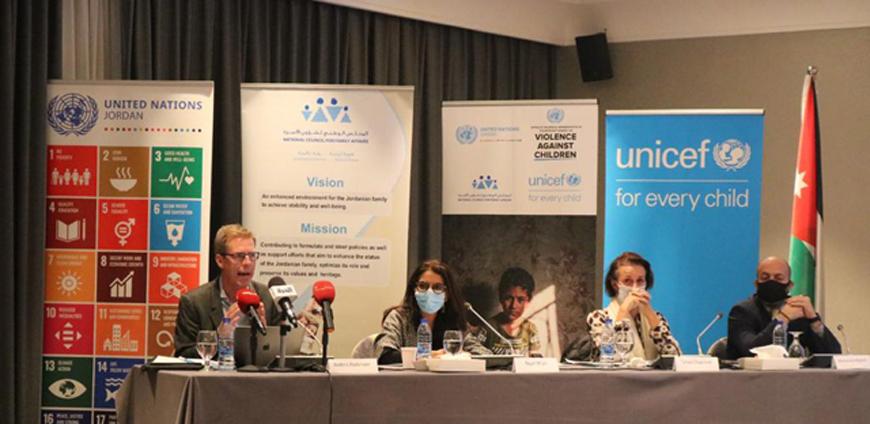You are here
Young adults in mental health crisis, report reveals
By Rayya Al Muheisen - Mar 02,2023 - Last updated at Mar 03,2023

Representative image (Photo courtesy of unsplash/Umit Bulut)
AMMAN — Around the world, young adults aged 18-24 are burdened with a generational mental health crisis, as members of “Generation Z” (those born between 1997 and 2012) are five times as likely to have mental health challenges than their grandparents’ generation, according a recently published report.
The Mental State of the World (MSW) report is an annual publication of the Mental Health Million Project that provides a view of the evolving mental wellbeing of the global, Internet-enabled population. The report is based on 407,959 responses from 64 countries. MSW was released by Sapien Labs, a non-profit research organisation.
The report describes global trends across the past three years to provide a view of how the mental wellbeing of the world fared in 2022, relative to the pandemic years. This year’s report focused on global trends regarding family relationships and friendships, evaluating their impact on mental wellbeing, particularly with respect to young adults.
“In 2022, mental wellbeing remained the same as in 2021, showing no recovery following the substantial two-year decline associated with the COVID-19 pandemic,” the report said.
Overall mental health states remained at similar levels as during at the peak of the pandemic, with almost a third of respondents reporting struggles with mental health, the report said.
“Young adults aged between 18-24 were five times more likely to have mental health challenges compared to their grandparents’ generation,” the report added.
According to the MSW report, the above pattern indicates a dramatic decline in mental wellbeing with each younger generation, rather than an increase in wellbeing with age.
“The most dramatic decline from older to younger generations has been along the dimension of the social self,” the report highlighted.
Social self is a metric of the way a person preserves themselves and their ability to form and maintain relationships with others, the report said.
The report noted that younger adults reported increasingly higher rates of family instability and a lack of emotional warmth during childhood, despite growing rates of material support from their parents and investment in their accomplishments.
Additionally, they are also three times more likely to have poor adult family relationships compared to their parents’ generation, and are twice as likely to lack friends who will help them in times of need.
“Those with poor family relationships and no close friends are ten times more likely to suffer from significant mental health challenges than those with many close family bonds and friendships,” the report added.
The report highlighted that friendships too are deteriorating. “While younger generations do not consistently report fewer close friends, they are less likely to be able to confide in their friends or rely on them for help when they need it,” the report said.
Evidence also suggests that feelings of loneliness are on the rise around the world.
The average mental health score across the 64 countries measured in 2022 reached 64 on a 300-point scale.
Meanwhile, the average score recorded in 2019 stood at 90, and declined to 66 in 2020. As for 2021 and 2022, the score remained steady at 64, showing no improvement.
“In 2022, we see no further decline. However, there is also no recovery towards pre-pandemic levels and mental wellbeing,” the report added.
According to the report, Jordan scored an average of 68 points.
In Jordan, 23.6 per cent of respondents reported that they were suffering from mental distress or struggling with mental health challenges.
The lowest scoring countries were the United Kingdom, followed by South Africa and Brazil.
As for the Arab countries, Iraq scored the lowest average, followed by Egypt and Yemen.
Tanzania topped the ranking, followed by Panama and Puerto Rico, according to the report.
Related Articles
AMMAN — Najat Maalla M'jid, UN Special Representative of the Secretary-General on Violence against Children, concluded her visit to Jordan o
PARIS — Global demand for electricity is slowing sharply this year due to sluggish economic growth and runaway energy prices and the trend w
PARIS — More than 61,000 people died due to the heat during Europe's record-breaking summer last year, a study said on Monday which called f















